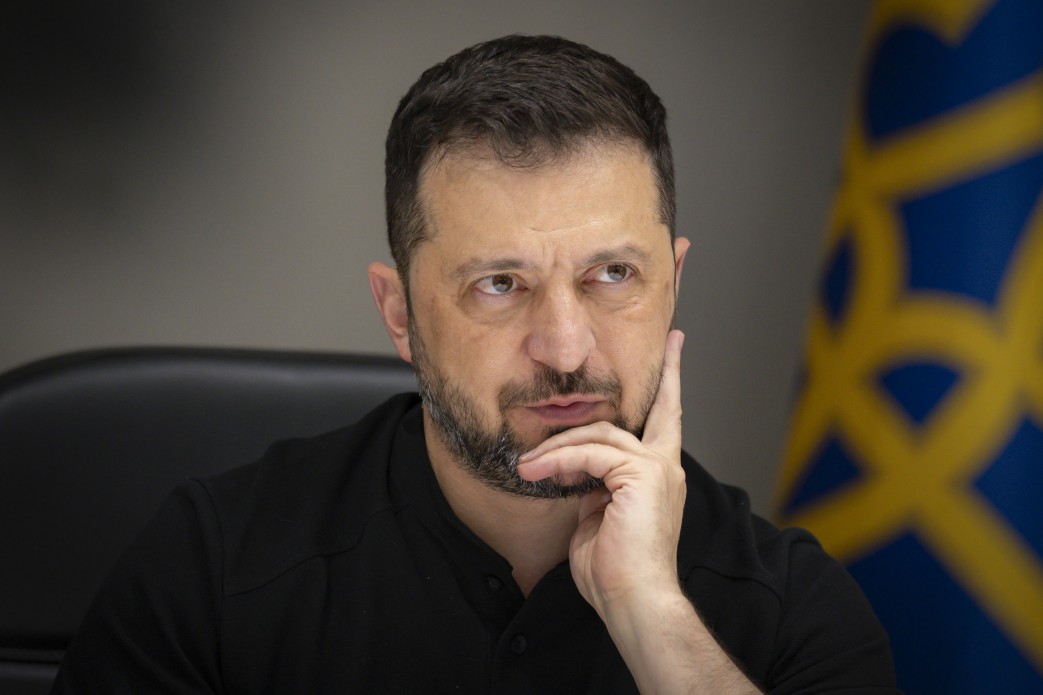In the United Nations, it has been stated that the blockade of the Gaza Strip violates international law.
The UN High Commissioner for Human Rights, Volker Türk, referred to the situation as "a powder keg situation" and called on influential states to "defuse" the situation. He said, "We know what this could lead to - the deaths of Israelis and Palestinians and immeasurable suffering for both communities," as stated in his statement.
He urged all parties to respect international humanitarian law and to cease attacks targeting civilian populations and objects. Türk expressed deep shock and dismay at reports of summary executions of civilians, and in some cases, horrific mass killings committed by members of Palestinian armed groups.
He called for the immediate release of all civilians, as hostage-taking is prohibited by international law.
"It is terrible and deeply distressing to see images of individuals taken hostage by Palestinian armed groups being subjected to cruel treatment, as well as reports of their killings and the desecration of their bodies," he said.
According to him, as a result of Israel's aerial operations, large residential towers and other housing in Gaza, schools, and premises of the UN relief and works agency UNRWA were affected, leading to casualties among the civilian population.
"International humanitarian law is clear: the obligation to take constant care to spare the civilian population and civilian objects remains applicable throughout all attacks," Türk said.
He also noted that the blockade of Gaza is exacerbating an already dire human rights and humanitarian situation. "The imposition of a blockade that endangers the lives of civilians, depriving them of goods essential to their survival, is prohibited by international humanitarian law. Any restrictions on the movement of people and goods for the purpose of a blockade must be justified by military necessity or are otherwise considered collective punishment," he emphasized.
Türk also stated that cases of hate speech and incitement to violence have increased since the beginning of the conflict, fanning the flames of antisemitism and Islamophobia in the region and worldwide. "We know from bitter experience that revenge is not a solution, and ultimately, it is innocent civilians who pay the price," Türk added.





















